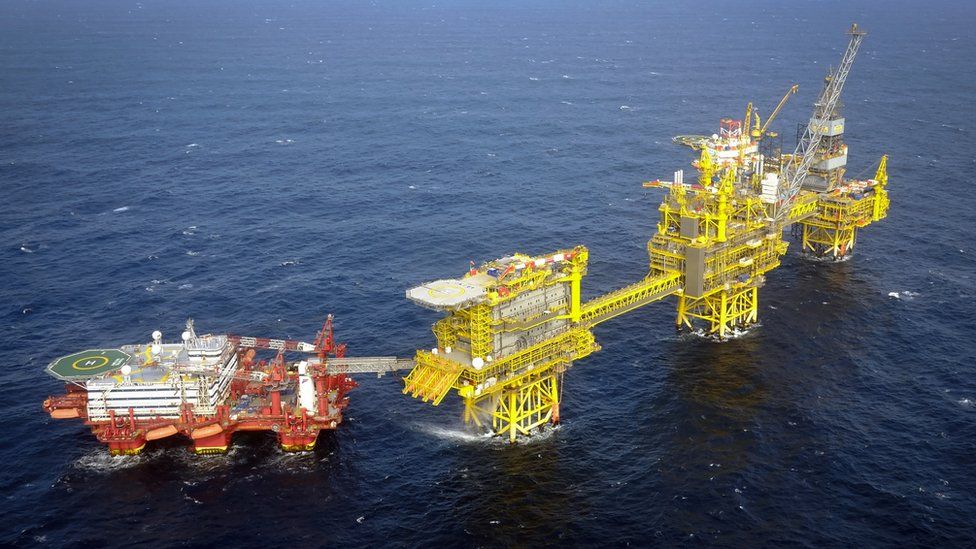Climate Change Challenges and Opportunities in the Oil and Gas Industry
Climate change, one of the most pressing global challenges of our time, has profound implications for industries worldwide, including the oil and gas sector. As the world grapples with rising temperatures, extreme weather events, and a growing commitment to carbon neutrality, the oil and gas industry finds itself at the intersection of environmental responsibility and economic sustainability. In this article, we explore the multifaceted impact of climate change on the oil and gas industry, examining challenges, adaptations, and opportunities for a sustainable future.
1. Environmental Regulations and Emission Reduction Targets:
Escalating concerns about climate change have led to stringent environmental regulations aimed at reducing greenhouse gas emissions. Oil and gas companies face pressure to limit their carbon footprint, adhere to emission reduction targets, and adopt cleaner technologies. Compliance with these regulations necessitates significant investments in research, development, and the implementation of innovative solutions.
2. Rising Operational Risks:
Climate change exacerbates operational risks for oil and gas facilities. More frequent and intense weather events, such as hurricanes and floods, pose threats to infrastructure integrity, potentially leading to production disruptions and increased maintenance costs. Companies must invest in resilient infrastructure designs to withstand the challenges posed by climate-related disasters.
3. Transition to Renewable Energy Sources:
The global shift towards renewable energy sources impacts the demand for traditional fossil fuels. As countries invest in wind, solar, and hydroelectric power, the demand for oil and gas may decrease. Oil and gas companies are diversifying their portfolios by investing in renewable energy projects to align with market trends and remain competitive in a changing energy landscape.
4. Carbon Pricing and Carbon Intensity Reduction:
Carbon pricing mechanisms, such as carbon taxes or cap-and-trade systems, are becoming more prevalent. These mechanisms impose financial costs on companies based on their carbon emissions. To mitigate these costs and enhance their environmental reputation, oil and gas companies are investing in carbon intensity reduction strategies, including carbon capture and storage (CCS) technologies.
5. Innovation and Sustainable Practices:
Climate change challenges are driving innovation within the industry. Oil and gas companies are investing in research to develop low-carbon technologies and enhance energy efficiency. Sustainable practices, such as methane emission monitoring and reduction, are becoming standard procedures, reducing the industry’s environmental impact and fostering a more responsible image.
6. Investment in Carbon Capture and Storage (CCS):
Carbon capture and storage technologies play a vital role in mitigating the impact of climate change. CCS allows the capture of carbon dioxide emissions from industrial processes and their storage underground. Oil and gas companies are investing in CCS projects, both to reduce their own emissions and to assist other high-emission industries in achieving their decarbonization goals.
7. Shifting Public Perception and Social Responsibility:
Public perception of the oil and gas industry is evolving in the face of climate change. Companies are increasingly recognizing the importance of social responsibility and transparency. Engaging with communities, supporting sustainable development projects, and embracing environmentally friendly practices are essential steps toward building public trust and securing the industry’s social license to operate.
In conclusion, the impact of climate change on the oil and gas industry is driving a transformative shift toward sustainability, innovation, and environmental stewardship. Adapting to these challenges requires strategic planning, technological advancements, and a commitment to embracing clean energy solutions. By proactively addressing climate-related risks and investing in sustainable practices, the oil and gas industry can navigate the complexities of climate change and contribute to a more sustainable energy future for all.











Leave a Reply